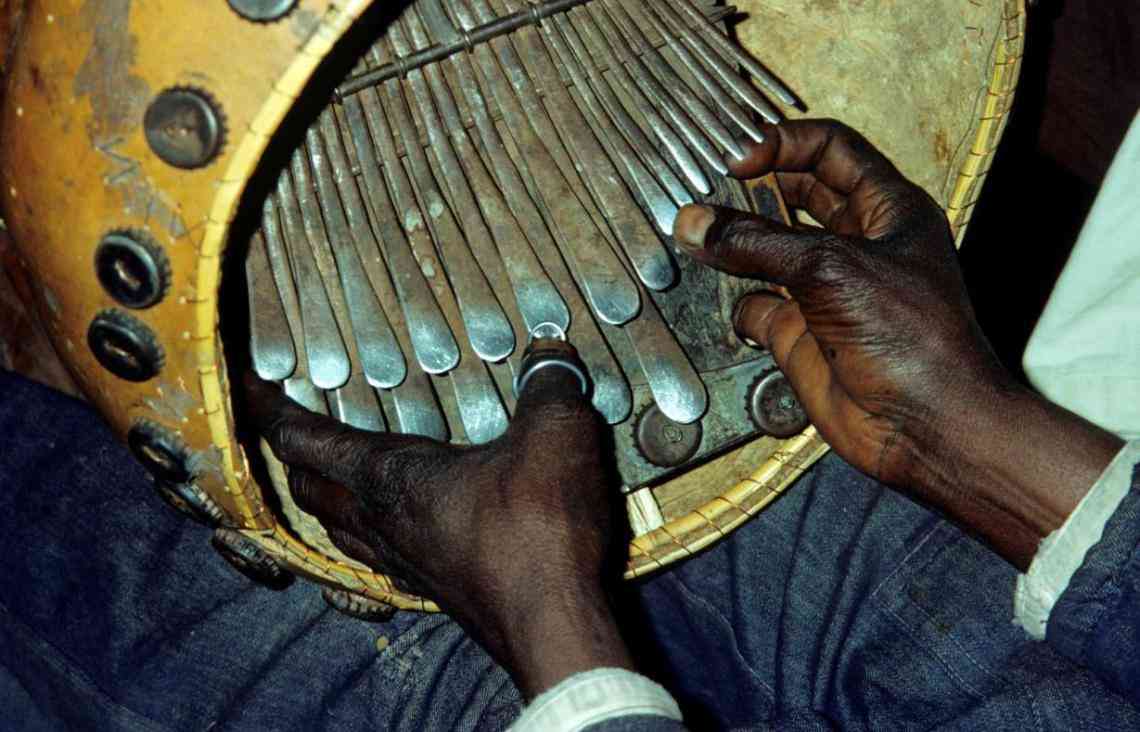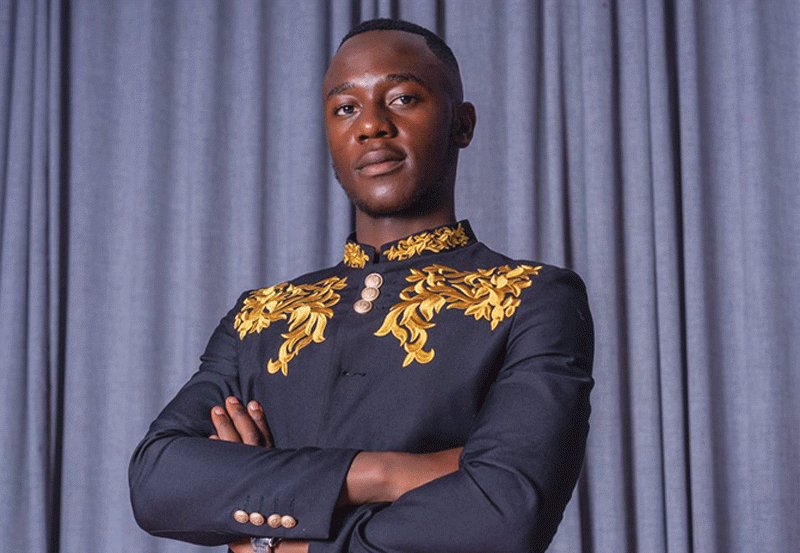
Mbeu could have spent the rest of a good year basking in the reception of his first album and reposting co-signs from Oliver “Tuku” Mtukudzi, Mokoomba and Jah Prayzah. Instead, the Mhodzi Tribe frontman has crowned it all with another album, Hatikendenge, barely six months after the synonymously titled Hatizvimirire.
SOUND TRACK: Stan Mushava
The 10-track album easily treads the rails of its predecessor, carried on by Mbeu’s powerful vocals and able guitarists. Although he has proven himself as an able lyricist, the new album’s recurring interest in the light themes of nightlife does not allow Mbeu enough lyrical range.
Yet, this may well be by design. Mbeu sings over an undercurrent of hard times, from on-off love games to austerity-torn lifestyles, but he takes it all in stride, alert but never overbearing or gloomy. His songs do not seek to simply reflect the damaged life, but to laugh and dance it away.
The acoustic guitarist told NewsDay Life & Style that Mhodzi Tribe, which also features Jay Watta on drums and bass, Willow on the lead guitar, Nandi on percussion and backing vocals, is currently promoting the sophomore album, which dropped on December 8.
“From the rough feedback we are getting, the album is, indeed, penetrating all over and we will keep pushing. We will do everything that works until we achieve that,” Mbeu said. “Though sales could be better, we no longer have water tight sales systems in our country.”
Tariro is a statement of faith repeated over traditionally inclined instrumentation. On-off love theme takes up a sizeable share of the album with Panorwadza, Wakadhakwa and Huya, with variation in instrumentation and the personae on the less generous side of love, from the good guy to the jerk and the lowlife.
Outside these, much of the album is light-themed with songs like Ginderere and Mafaro harp on music as an escape. On Jecha, dropped barely after Winky D’s politically-themed, Kasong keJecha and a rebuttal from a Zanu PF jingle-laureate, Mbeu has different plans for the sand motif.
- Chamisa under fire over US$120K donation
- Mavhunga puts DeMbare into Chibuku quarterfinals
- Pension funds bet on Cabora Bassa oilfields
- Councils defy govt fire tender directive
Keep Reading
He bites the buzzword to show season’s austere claims on nightlife, to protest those slicing away the creamy side of life, and to urge relationships to stay secure until the dry season is past. The rising star simply wants to have it all, from flexing on riddims to dipping into Zimbabwe’s music heritages.
“I am influenced by my surroundings. I discovered so many things inspire me. That, I believe, is how my creative process works,” Mbeu shares insights into his writing process. “At times, though, I am asked to do a theme song. That is when I research deeply about the subject matter.”
Few artistes would boast the ease with which he plays with jazz to reggae to RnB influences on one project, but he does not feel it is enough. He has just taken up mbira for his future albums, two of which are scheduled for next year, and he had convincing theology to support the move.
“I am of the firm belief that God gave us talents, but did not give us genres, so l cannot limit what God gave me. Yes, the transition from riddims to band or guitar work was not very difficult I must say,” he reflects. “Just to challenge myself, I am now playing mbira and will be fusing it in my songs.”
His previous album recasts some of his singles, originally sung over dancehall beats, into acoustic versions. The opening track, Ziso, the title track, Hatizvimirire and late cut, Hazvinei, are all re-fixed for greater sonic shelf life, though I am personally conflicted over the comparison.
Cheneso/Runako, which became Ziso, was just too perfect to be transplanted. A typical underdog love story — a pauper messing with a princess’ head, back against the palace wall, flute in mystical fingers — the song comes across less emotively on the pared down version.
Hatizvimirire and Hazvinei, on the other hand, are richer in their new wineskins.
Born Ashton Nyahora in Harare, the 25-year-old got his stage name from his first single, as people knew the song better than the singer. He started off in the band Tsvete, but went his own way over creative differences, subsequently finding himself under Tuku’s tutorship.
“I have learnt honesty, hard work and humility from Dr Tuku. He always says ‘ingova mupfana ari bho’. And then it’s hard work and hard work and then hard work. Music is a business and you will never enjoy its fruits if you do business as usual,” Mbeu said.
In terms of live shows, he has been a consistent performer, and acknowledges experience he accumulated from opening shows for Jah Prayzah.
Mbeu, the name, is a self-fulfilling prophecy: the seed that feeds on diversity, the seed that seeds its way into the dark and lightly shrugs off barriers. He wants it all and there is no stopping him now.
Stan Mushava writes in his personal capacity. He can be contacted on [email protected]











